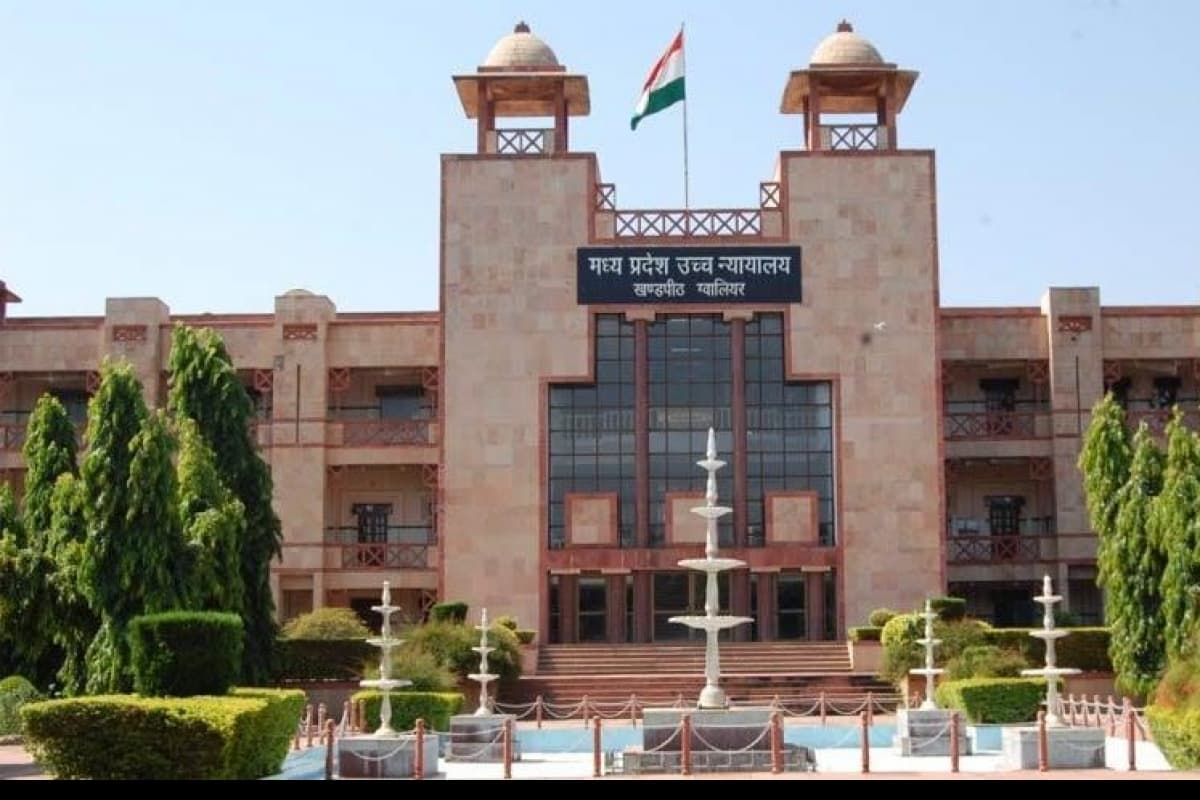
Madhya Pradesh High Court Calls for Uniform Civil Code Implementation
The imperative for a unified legal framework to secure justice for every citizen, irrespective of religion or community
In a landmark ruling, the Madhya Pradesh High Court has advocated for the introduction of a Uniform Civil Code (UCC) across India. The court stressed the need for a unified legal framework to ensure equality and justice for all citizens, regardless of their religion or community.
The call for a Uniform Civil Code, outlined in Article 44 of the Indian Constitution, has been a matter of debate for decades.
This directive principle encourages the state to implement a UCC for all citizens, but successive governments have been reluctant to pursue it due to the country's diverse religious landscape.
During a hearing on a family dispute, the Madhya Pradesh High Court highlighted the inconsistencies in the application of personal laws.
The court noted that different legal frameworks based on religion often result in disparities and injustices, particularly affecting women and marginalised communities.
Justice S.K. Singh, delivering the observation, remarked, "The time has come for the Indian Parliament to heed the constitutional mandate and establish a Uniform Civil Code. It is essential for promoting national integration and ensuring that all citizens are treated equally under the law."
The court emphasised that a UCC would eliminate discriminatory practices embedded in various personal laws.
At present, Hindus, Muslims, Christians, and other religious groups in India are governed by their own personal laws concerning marriage, divorce, inheritance, and adoption, leading to a lack of uniformity.
The High Court pointed out that many personal laws are inherently patriarchal, disadvantaging women in matters of inheritance, divorce, and maintenance. A UCC would promote gender equality by providing the same legal rights and protections to all women, regardless of their religion.
By creating a common set of laws, a UCC would foster a sense of unity and national identity among India’s diverse population. The court argued that such a code would help bridge the divides between various communities and strengthen the nation's social fabric.
The High Court's call for a UCC has prompted mixed reactions across the country:
Many legal experts, women’s rights activists, and progressive organisations have welcomed the court's observation. They argue that a UCC is long overdue and necessary for modernising and secularising India’s legal system.
Conversely, some religious groups and conservative factions have expressed concerns. They fear that a UCC could undermine religious freedom and erode cultural identities. Leaders from various communities have called for a cautious and inclusive approach to any proposed legislation.
The central government has yet to issue an official response to the High Court's observation. However, recent years have seen indications of growing political will to address the issue.
The ruling Bharatiya Janata Party (BJP) has included the implementation of a UCC in its election manifestos, signalling a potential move in this direction.
The Madhya Pradesh High Court's advocacy for a Uniform Civil Code represents a significant moment in the ongoing debate over legal uniformity in India. As the discussion gains momentum, it remains to be seen how the government and various stakeholders will navigate the complex landscape of religious, cultural, and legal considerations.
The court’s observation has once again brought the issue to the forefront, challenging India to reconcile its pluralistic ethos with the constitutional ideal of equality for all its citizens
For any enquiries or information, contact ask@tlr.ae or call us on +971 52 644 3004. Follow The Law Reporters on WhatsApp Channels.